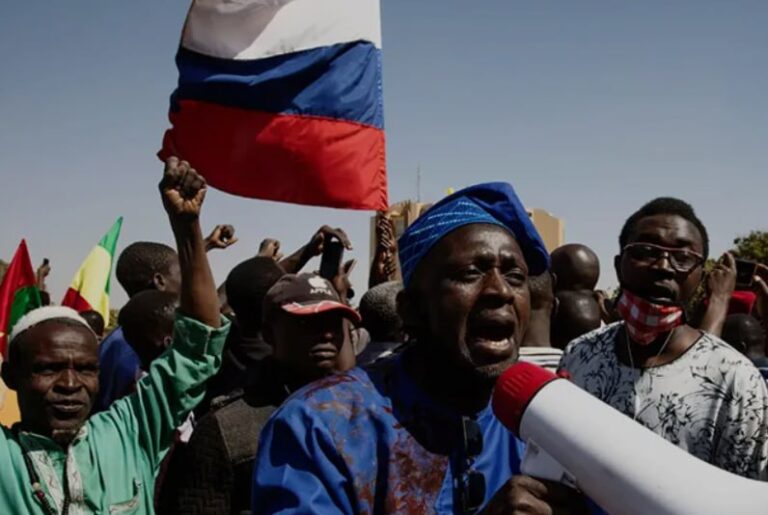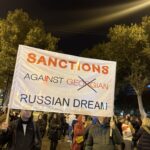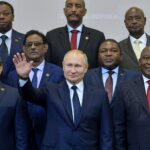The Liberian opposition could attempt to counter Russian expansion through legislative action, public advocacy, alliances with Western countries, and media campaigns. However, their success would depend on a range of factors, including their political strength, public support, and the willingness of Western allies to back their efforts.
Ultimately, while the opposition could pose obstacles to Russian engagement, completely stopping it would be challenging if the current administration is determined to pursue closer ties with Russia. The most likely outcome is that the opposition could slow down or influence the terms of engagement, rather than fully preventing it.
The opposition Congress for Democratic Change (CDC) has warned that President Joseph Boakai’s administration’s efforts to establish diplomatic ties with Russia, despite Liberia’s longstanding relationship with the United States, pose a serious threat to the country’s peace and stability.
The CDC’s statement, delivered by its Secretary General, Jefferson Tamba Koijee, follows an announcement that Moscow plans to open an embassy in Liberia. This development was publicly disclosed by Russian Foreign Affairs Minister Sergey Lavrov at the first Russia-Africa Partnership Forum.
Addressing a news conference on November 12, 2024, at the party’s national headquarters in Congo Town, Koijee asserted that the Unity Party government’s engagement with Russia validates CDC officials’ earlier claims that President Boakai collaborated with Russia to fund his campaign during the 2023 presidential election.
The party revealed how Mr. Boakai was actively doing business with the Russians, but he and his ‘risky mission’ denied it,” Koijee stated. He alleged that during the election, Boakai and his political party secretly held meetings with Russian officials and sought financial support to fund their ‘risky mission’ at the expense of the Liberian people.
Koijee clarified that the CDC is not angered by the administration’s actions but is deeply concerned about the partnership with Russia, especially given Liberia’s historic ties with the United States. “Even if you’re angry with the American people, you don’t have to disrespect them in this manner,” he said.
He characterized the Boakai-Koung administration’s alignment with Russia as a disgrace and a distortion of Liberia’s longstanding diplomatic relationship with the United States. He further warned that maintaining close ties with both the United States and Russia, two global superpowers with complex relations, is a matter of serious concern not only for the CDC but also for the Liberian people.
Mr. Boakai cannot gamble with an entire nation,” Koijee emphasized. He argued that the CDC and the Liberian people will not allow President Boakai to treat the country as his personal property.
Koijee called on citizens and national stakeholders, including political leaders, the media, civil society, and human rights organizations, to oppose any international alliance that threatens Liberia’s stability, particularly the emerging Russia-Liberia relationship.
“We cannot sit idly by and watch our country descend into chaos as Mr. Boakai attempts to diplomatically insult the United States,” he said. Koijee clarified that the CDC has no personal issue with Russia, but is deeply concerned about Liberia’s approach to its diplomatic engagements.
He urged the Boakai-Koung administration to be forthright about its foreign policy stance, suggesting that if the government truly believes Russia can serve Liberia better than the United States, it should openly embrace that choice instead of playing a “double game” with the nation’s future, peace, stability, and foreign policy amid the tense relationship between the two superpowers.
Russia’s interest in opening an embassy in Liberia could be motivated by several strategic, economic, and geopolitical factors. Here are some possible reasons:
1. Geopolitical Influence in Africa
– Expanding Influence: Russia has been actively increasing its presence in Africa, seeking to establish itself as a key player on the continent. Opening an embassy in Liberia aligns with Russia’s broader strategy to expand its diplomatic footprint in West Africa.
– Countering Western Influence: Liberia has historically strong ties with the United States and Western countries. By establishing an embassy, Russia might aim to counterbalance Western influence in the region and establish itself as an alternative partner.
2. Economic Opportunities
– Natural Resources: Liberia is rich in natural resources such as iron ore, gold, diamonds, and timber. Russia, with its strong mining and energy sectors, may see opportunities for investment and resource extraction.
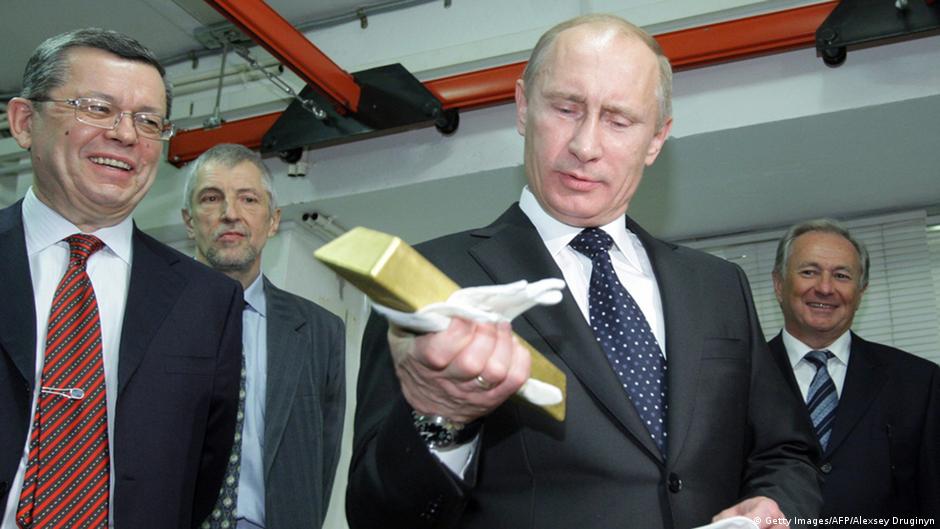
More on this story: Africa loses gold deposit sovereignty and turns into Russian colony
– Agricultural Investments: Liberia has vast areas of arable land that are underutilized. Russia may be interested in agricultural projects or securing food supplies, particularly in the context of global food security challenges.
Moscow also plans to create an independent financial system for settlements with African countries by the end of this decade.
3. Strengthening Political Alliances
– Strategic Partnerships: Strengthening ties with Liberia could provide Russia with a reliable ally in West Africa, especially in the context of growing competition with Western and Chinese interests in the region.
– Support in International Forums: Russia may seek Liberia’s support in international organizations like the United Nations, where African nations often vote as a bloc. Building closer ties could secure votes on key resolutions that align with Russian interests.
### 4. Military and Security Cooperation
– Military Presence: Russia has been expanding its military cooperation with several African nations, offering training, equipment, and advisory services. Liberia, which has been rebuilding its security forces after years of civil conflict, may benefit from Russian military expertise and resources.
– Arms Trade: Liberia could be a potential market for Russian arms and military technology, as Russia looks to expand its defense exports in Africa.
5. Diplomatic and Cultural Engagement
– Soft Power Expansion: Establishing an embassy allows Russia to engage in cultural diplomacy, educational exchanges, and people-to-people contacts, which can help improve its image and influence in the region.
– Humanitarian Aid and Development: Russia could use its diplomatic presence to launch humanitarian aid projects, infrastructure development, or healthcare initiatives, thus increasing its soft power influence.
6. Positioning for Future Opportunities
– Access to the Atlantic Ocean: Liberia’s location on the Atlantic coast could be strategically significant for Russia in terms of maritime access and trade routes.
– Investment in Emerging Markets: As part of its broader strategy to diversify economic partnerships, Russia may see Liberia as an emerging market with growth potential, especially in sectors like infrastructure, energy, and telecommunications.
Overall, opening an embassy in Liberia would be a multifaceted move that aligns with Russia’s broader strategy of expanding its influence in Africa, diversifying its economic partnerships, and countering Western dominance in the region.
· During the Cold War, Liberia was largely aligned with the United States due to historical ties (Liberia was founded by freed American slaves and has long had a close relationship with the U.S.). As a result, the Soviet Union had limited influence and engagement in the country.
· Ideological Divide: The Cold War was marked by an ideological struggle between the Soviet Union and the United States, with many African nations becoming battlegrounds for influence. However, Liberia remained largely outside the Soviet sphere, focusing instead on maintaining its pro-Western stance.
- After the collapse of the Soviet Union in 1991, Russia’s focus shifted towards internal restructuring, leading to reduced engagement in Africa, including Liberia. However, in the early 2000s, under President Vladimir Putin, Russia began to renew its focus on Africa as part of a broader strategy to reassert itself on the global stage.
- Africa-Russia Summit (2019): The first-ever Russia-Africa Summit held in Sochi in 2019 marked a turning point, where Russia expressed a renewed commitment to strengthening ties with African nations, including Liberia. Liberia’s President George Weah attended the summit, highlighting a potential warming of relations.
As tensions between Russia and Western countries escalate, particularly in the wake of the Ukraine conflict, Russia is seeking to diversify its alliances and economic partners. Africa, including Liberia, presents an opportunity to build new alliances and counter Western influence.
While Russia’s historical presence in Liberia has been limited, there is a clear trend towards increased engagement in recent years. This is part of Russia’s broader strategy to expand its influence in Africa, driven by economic interests, geopolitical competition with the West, and the desire to build new diplomatic and military alliances. Opening an embassy in Liberia would symbolize a deeper commitment to strengthening ties and exploring economic and strategic opportunities in the country.
Joseph Boakai, the newly elected President of Liberia, may have several motivations for strengthening relations with Russia, driven by both economic and strategic interests.
- Reducing Dependence on the West: Liberia has historically maintained strong ties with Western countries, particularly the United States. However, Joseph Boakai might seek to diversify Liberia’s international partnerships by engaging with non-Western powers like Russia. This could provide Liberia with alternative sources of investment, aid, and diplomatic support.
- Strategic Balancing: By strengthening ties with Russia, Boakai could adopt a more balanced foreign policy, positioning Liberia as a neutral player open to cooperation with a variety of global powers. This could enhance Liberia’s leverage in negotiations with Western countries and international organizations.
2. Economic and Infrastructure Development
- Attracting Investment: Liberia faces significant economic challenges, including high unemployment, poor infrastructure, and a need for diversification beyond its traditional reliance on mining and agriculture. Boakai may see Russia as a potential partner for investment in key sectors such as energy, mining, agriculture, and infrastructure development.
- Natural Resources and Trade: Liberia is rich in natural resources, including iron ore, gold, and timber, which could attract Russian investment. Boakai could be looking to tap into Russia’s expertise in mining and energy to boost Liberia’s economic growth and create jobs.
3. Military and Security Cooperation
Strengthening Security Capabilities: Liberia’s security forces are still rebuilding after years of civil conflict, and Boakai may be interested in diversifying Liberia’s security partnerships. Russia has been expanding its military cooperation in Africa, providing training, equipment, and advisory services to several countries. Boakai might explore opportunities for Russian support in strengthening Liberia’s defense capabilities.
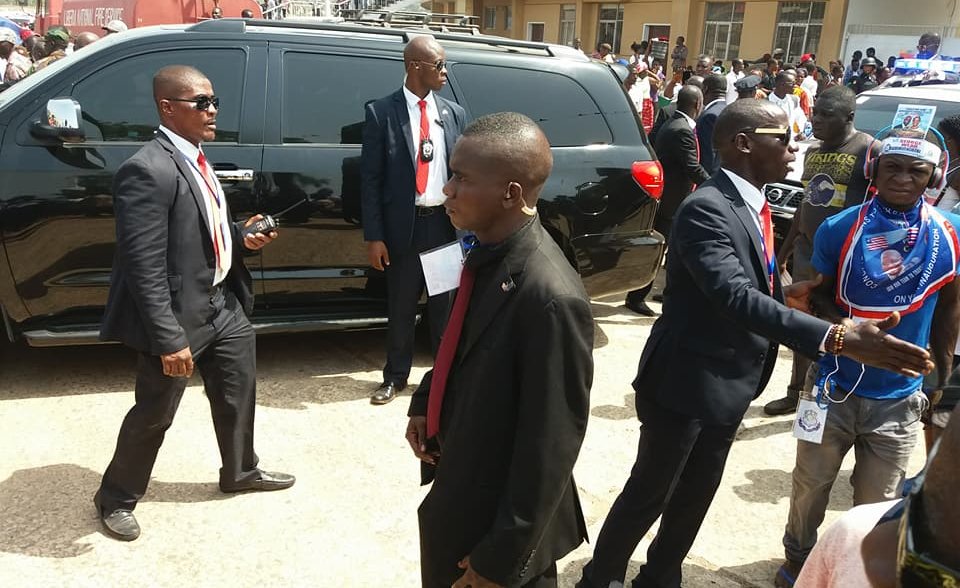
More on this story: Cleansing in EPS signals about possible coup risks in Liberia
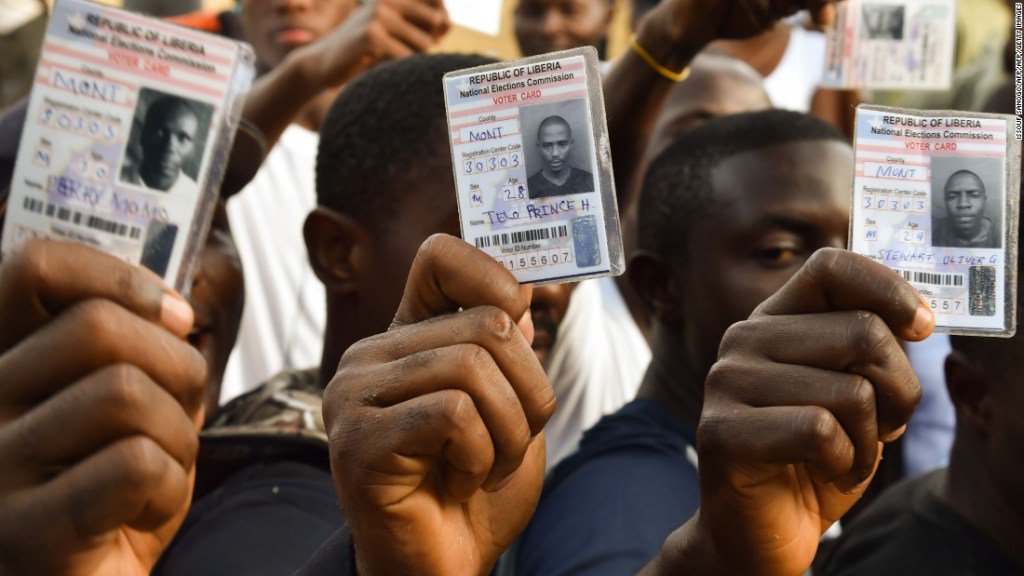
- Counterterrorism and Stability: With regional instability in West Africa, particularly due to jihadist threats in neighboring countries, Boakai could seek Russian assistance in enhancing Liberia’s counterterrorism capabilities and overall security infrastructure.
4. Technical and Educational Assistance
- Scholarships and Training: Russia has offered scholarships and educational opportunities to students from African countries as part of its soft power strategy. Boakai could be interested in securing more educational partnerships, scholarships, and training programs for Liberian students in Russian universities, which would help build capacity in various sectors.
- Technology Transfer: Collaborating with Russia in areas like healthcare, agriculture technology, and scientific research could be appealing to Boakai’s administration, especially as Liberia looks to modernize its economy.
5. Geopolitical Considerations
- Non-Alignment Strategy: Given the increasing polarization between the West and Russia (especially after the invasion of Ukraine), Boakai might pursue a non-alignment strategy, seeking to build relationships with both Western and non-Western countries. This could allow Liberia to remain flexible in its foreign policy and avoid being caught in the middle of great power rivalries.
- Support in International Forums: Closer ties with Russia could provide Liberia with an ally in international organizations like the United Nations. Russia has been known to support African nations on various global issues, which could benefit Liberia in securing international aid, debt relief, or support for development projects.
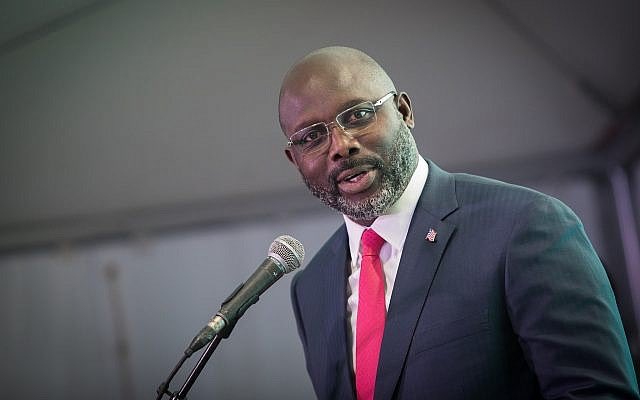
6. Leverage for Better Deals with Other Partners
- Negotiating Power: By engaging with Russia, Boakai could be looking to increase Liberia’s bargaining power with traditional Western partners. Showing openness to Russian investments or diplomatic support might push Western countries to offer better terms on aid, trade, or development projects to maintain their influence in Liberia.
- Access to Russian Aid and Loans: Boakai might also be interested in exploring financial assistance from Russia, especially if it comes with fewer conditions than aid from Western institutions like the IMF and World Bank.
Conclusion
Joseph Boakai’s interest in relations with Russia is likely driven by a combination of economic, security, and diplomatic considerations. By engaging with Russia, he may seek to diversify Liberia’s international partnerships, attract new investments, strengthen security capabilities, and enhance Liberia’s geopolitical leverage. While Liberia will likely continue to maintain strong ties with the West, Boakai’s outreach to Russia could be part of a broader strategy to ensure that Liberia is not overly dependent on any single external partner.
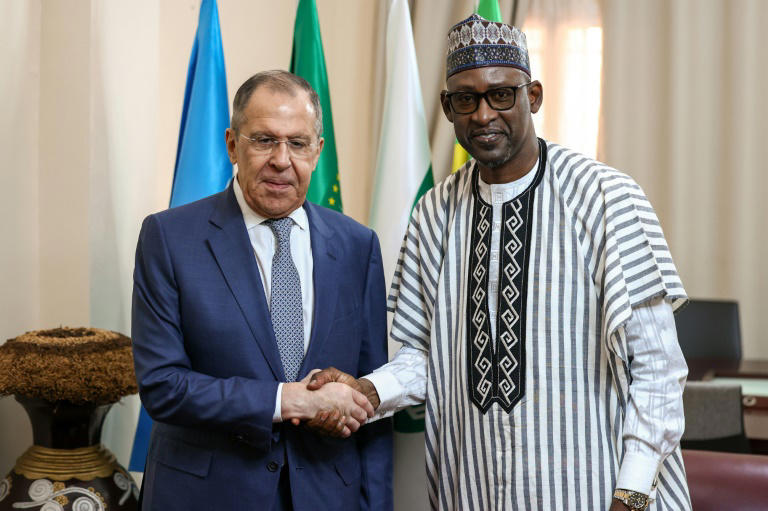
More on this story: Africa seeing Russian interference in national legislation shape-up
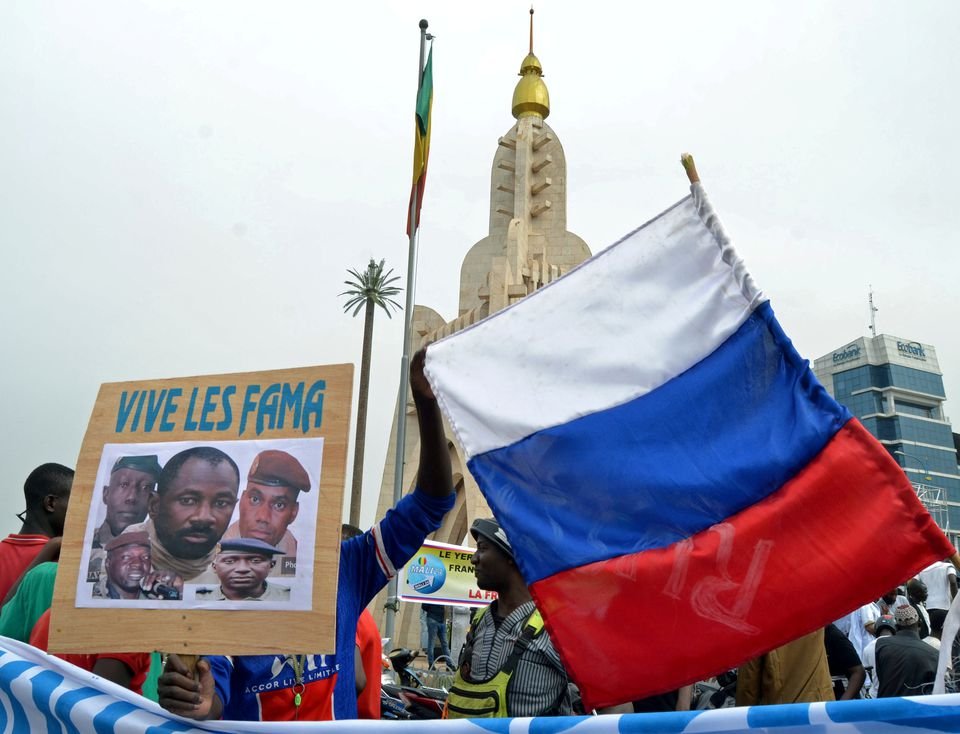
More on this story: Russia is countering the USA and EU states in Mali
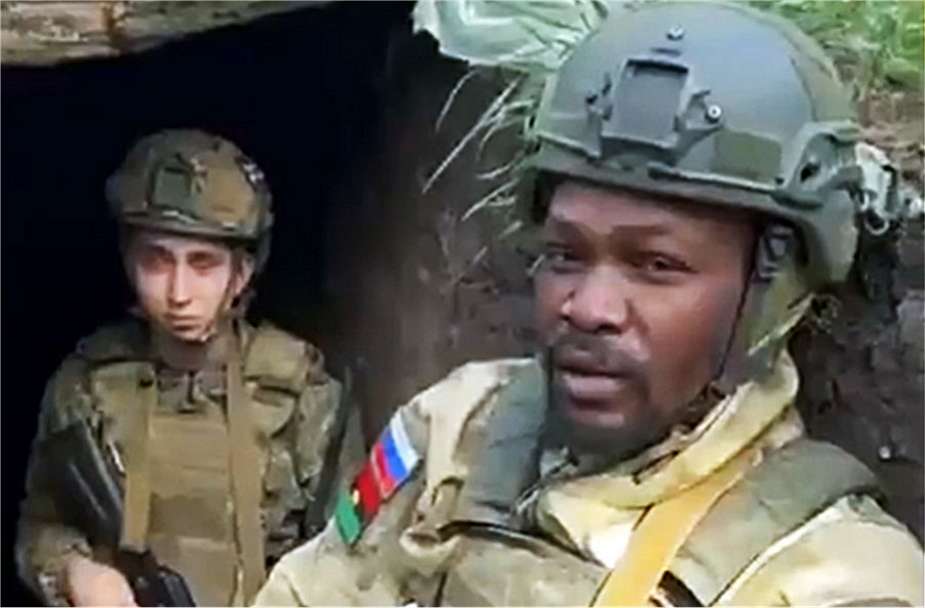
More on this story: Kremlin’s Colonial and Racist Policies in Africa
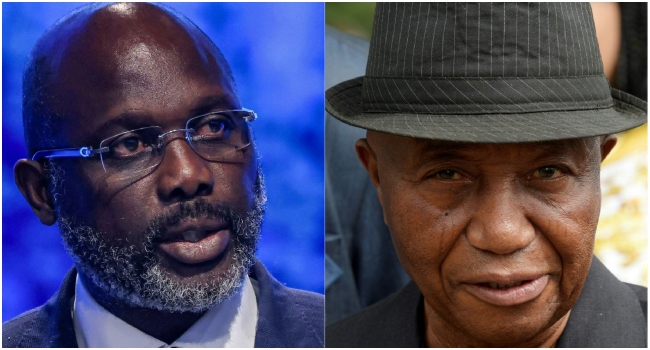
More on this story: Liberia could hope for peaceful transition of power in January next year


